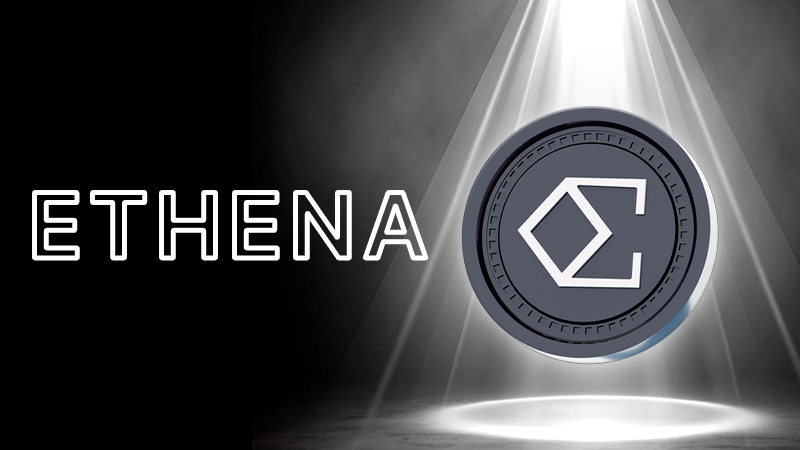Smart contracts are transforming the world of blockchain technology. These self-executing agreements run on blockchain networks and automatically carry out contract terms when conditions are met.
They offer a way to eliminate intermediaries and ensure secure, transparent, and efficient transactions. In this guide, we’ll break down what smart contracts are, how they work, and their benefits.
What Is a Smart Contract?
A smart contract is a digital agreement that executes automatically when its conditions are fulfilled. Unlike traditional contracts, which require a third party like a lawyer or bank, smart contracts rely on code to enforce terms. When the contract’s rules are met, the contract self-executes.
For example, imagine you and a friend agree on a bet. A smart contract would automatically pay out to the winner once the outcome is confirmed—no human action required.
The Origins of Smart Contracts
The concept of smart contracts was introduced by Nick Szabo in 1994, although it was Ethereum’s launch in 2015 that brought them into the mainstream.
Ethereum, developed by Vitalik Buterin, made it possible for developers to create decentralized applications (dApps) that utilized smart contracts to automate tasks without a middleman.
How Do Smart Contracts Work?
Smart contracts work by leveraging blockchain technology. Blockchain is a decentralized ledger that records every transaction across a network of computers. When a smart contract is created, it’s stored on the blockchain, making it tamper-proof and transparent.
The process involves:
- Writing the Contract: Developers write the contract in a programming language (e.g., Solidity on Ethereum).
- Storing on Blockchain: The contract is stored on the blockchain, ensuring security.
- Execution: Once the predefined conditions are met, the contract executes automatically.
For example, if you’re using a smart contract to buy a product, once the payment is confirmed, the contract will automatically release the product to you.
Features of Smart Contracts
Smart contracts are distinct because of their several key features:
- Automation: Once triggered, they execute automatically without needing a middleman.
- Security: They are encrypted on the blockchain, making them secure and resistant to fraud.
- Transparency: Because smart contracts are stored on a public ledger, all parties can view the contract’s terms and execution.
- Cost-Effective: By removing intermediaries, smart contracts reduce transaction fees and administrative costs.
These features make them appealing to a wide range of industries.
Benefits of Smart Contracts
Smart contracts offer various benefits:
- Speed: Traditional contracts take time to process and require intermediaries. Smart contracts execute instantly when conditions are met, saving time.
- Reduced Risk: The terms are written in code and stored on the blockchain, which reduces the risk of errors or fraud.
- Lower Costs: With no need for middlemen like notaries or lawyers, transaction fees are significantly reduced.
- Trust: Smart contracts rely on the code rather than trust between parties, ensuring fairness and transparency.
Common Uses of Smart Contracts
Smart contracts are being applied across many sectors:
- Finance: In decentralized finance (DeFi), smart contracts are used for lending, borrowing, and exchanges, all without traditional financial institutions.
- Real Estate: Smart contracts can automate property sales, transferring ownership automatically once payment is made.
- Supply Chain: They can track products through supply chains, ensuring payment only when goods are delivered.
- Insurance: Smart contracts can automatically trigger insurance payouts based on predefined conditions (e.g., flight delays).
These examples show how smart contracts can streamline complex processes, reduce costs, and increase efficiency.
Challenges of Smart Contracts
- Code Errors: Smart contracts are based on code, so bugs or vulnerabilities could cause them to malfunction or be exploited.
- Legal Issues: Many legal systems don’t yet fully recognize smart contracts, and their enforcement can be complicated.
- Complexity: While simple contracts are straightforward, more complex agreements require advanced coding and understanding of blockchain technology.
Despite these challenges, smart contracts are becoming more reliable as blockchain technology matures.
The Future of Smart Contracts
The future of smart contracts looks bright. As blockchain technology advances, we can expect more industries to adopt smart contracts to automate their processes. Here’s what we might see:
- Integration with Traditional Systems: Smart contracts could be integrated with legacy systems for hybrid solutions.
- Improved Security: As blockchain technology evolves, smart contracts will become even more secure, minimizing vulnerabilities.
- Legal Frameworks: Legal systems may begin to recognize and enforce smart contracts, bringing them into the mainstream.
With these advancements, smart contracts could become a crucial part of everyday transactions and business operations.
Conclusion
Smart contracts are a revolutionary feature of blockchain technology, enabling automatic, transparent, and secure transactions without intermediaries.
While challenges like code errors and legal recognition exist, the benefits—such as cost savings, increased trust, and automation—make them an attractive solution across various industries.
As blockchain technology continues to evolve, the role of smart contracts will only grow, simplifying and streamlining business processes around the world.





